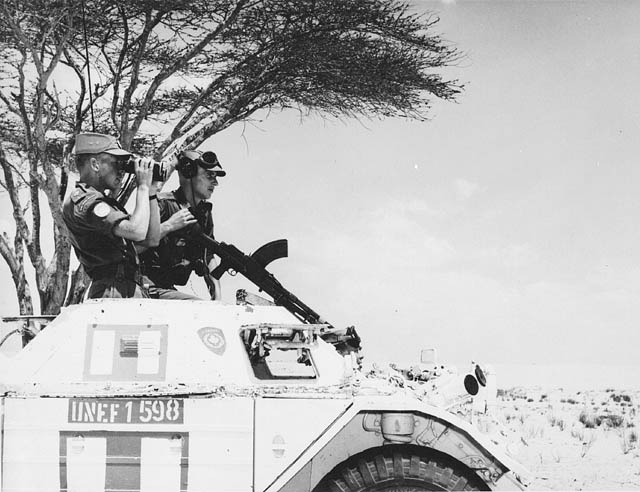Macleans
Scott Talks His Way into Trouble
There is plenty to gossip about at the Lord Beaverbrook Hotel in Fredericton these days. For years, a collection of local lawyers, businessmen, politicians and backroom party types - most of them Liberals - have gathered Saturday mornings in the hotels restaurant to sip coffee and discuss politics.This article was originally published in Maclean's Magazine on October 19, 1998









